
The Hidden Culprits Behind Osteoporosis: 3 Common Drinks You Should Watch Out For
Osteoporosis, often referred to as the "silent disease," weakens bones over time and increases the risk of fractures, especially in older adults. While aging and hormonal changes are natural contributors to bone loss, lifestyle choices — particularly dietary habits — also play a major role in the development of this condition. Most people know the importance of calcium and vitamin D in maintaining bone health, but fewer realize that certain popular beverages can quietly sabotage their efforts. Below are three commonly consumed drinks that are considered “hidden culprits” contributing to osteoporosis — and why you should be cautious with them.
1. Soft Drinks (Especially Cola)
Soda, particularly cola-flavored varieties, is one of the most popular beverages worldwide — and also one of the most harmful for bone health. The main concern lies in the high levels of phosphoric acid found in colas. While phosphorus is a necessary mineral, an imbalance between calcium and phosphorus in the body can lead to calcium being pulled from the bones to restore equilibrium.
Moreover, many people who frequently drink soda may reduce their intake of calcium-rich drinks like milk or fortified plant-based alternatives. Over time, this displacement, combined with the bone-depleting effect of excess phosphorus, can increase the risk of osteoporosis. Several studies have found that women who drink large quantities of cola are more likely to have lower bone mineral density.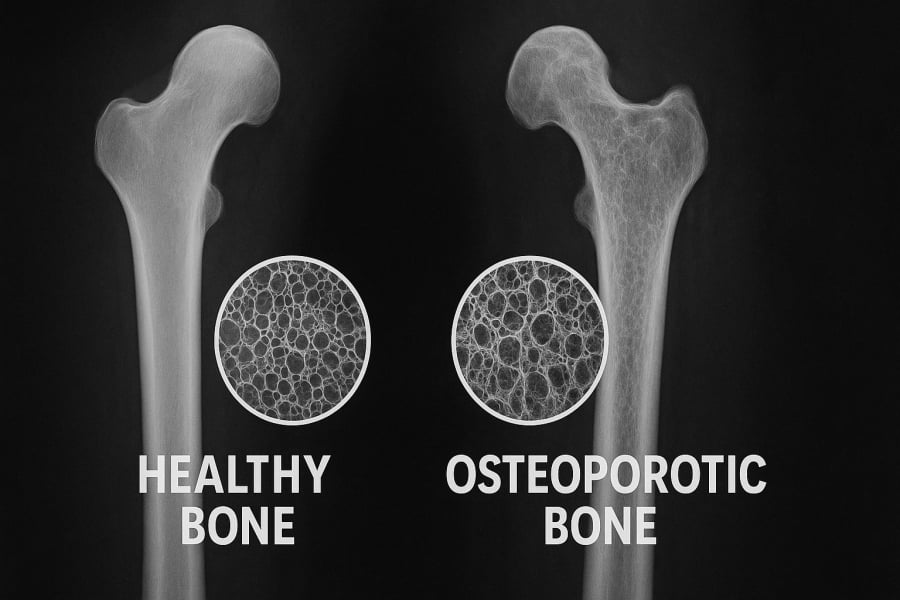
2. Caffeinated Coffee and Tea (in Excess)
Coffee and tea are daily rituals for millions of people, offering comfort, energy, and warmth. But when consumed in excess, especially without adequate calcium intake, they may contribute to reduced calcium absorption in the body. The caffeine content in these beverages has been shown to slightly increase calcium loss through urine.
While moderate caffeine intake (up to 2-3 cups per day) is generally considered safe, drinking five or more cups of strong coffee or black tea daily may pose a problem for bone health — especially if your diet is already low in calcium and vitamin D. The key is moderation, and if you're an avid coffee or tea drinker, consider pairing your beverage with a calcium-rich snack or supplementing accordingly.
3. Alcoholic Beverages
Although occasional drinking is not typically harmful, chronic or heavy alcohol consumption has been clearly linked to lower bone density and increased risk of fractures. Alcohol interferes with the balance of calcium in the body, reduces the production of bone-forming cells (osteoblasts), and may also lower levels of hormones such as estrogen and testosterone that are essential for maintaining bone strength.
Young adults who frequently binge drink are particularly vulnerable, as their bones are still developing. Meanwhile, older adults who consume alcohol regularly may face faster bone loss, increasing the likelihood of falls and injuries. Health experts recommend limiting alcohol intake to one drink per day for women and two for men — or avoiding it altogether if there are other osteoporosis risk factors present.
Conclusion
Protecting your bones involves more than just taking calcium supplements or drinking milk. It also requires mindfulness about what you consume daily, including drinks that may seem harmless or even beneficial in moderation. Soft drinks, excessive caffeine, and alcohol may all play a role in weakening your bones over time if consumed carelessly.
By staying informed and making small changes in your beverage choices, you can significantly reduce your risk of osteoporosis and promote stronger bones well into old age. After all, prevention is always better than cure — and it may start with something as simple as what you choose to drink today.
News in the same category


Military Sleep Method Is 96% Successful and Will Send You to Sleep in Two Minutes
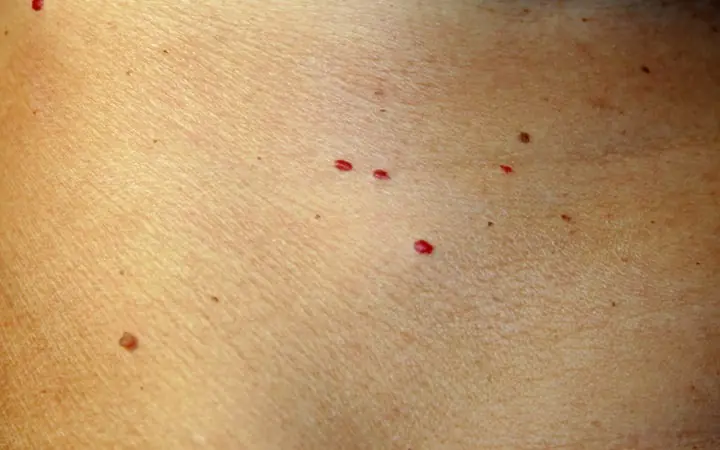
WHAT DO THESE RED DOTS ON YOUR SKIN MEAN?

7 Early Signs Your Heart May Be in Danger – Don’t Ignore #3!
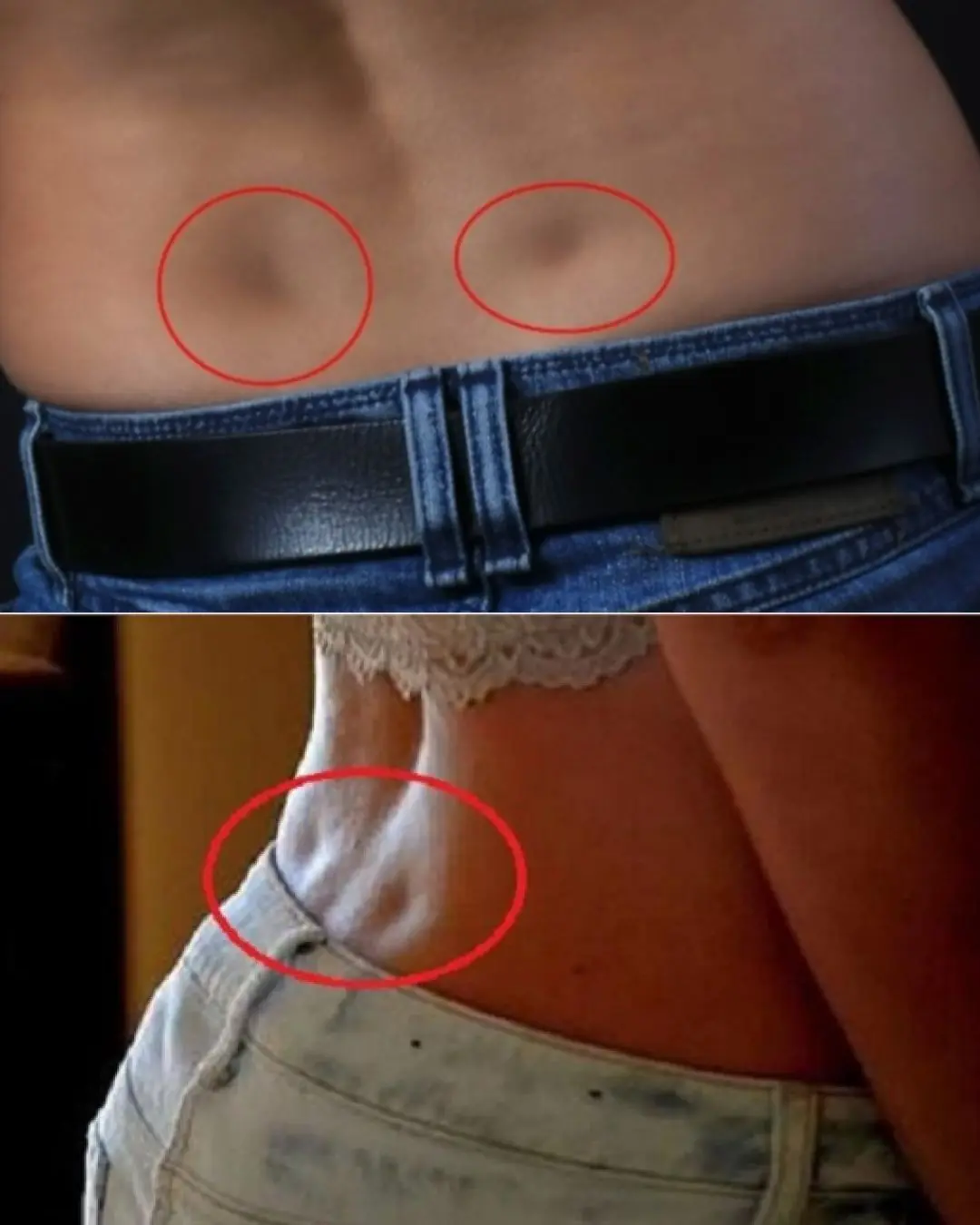
If you have these two holes in your back, it means you don’t…Read more

Exact amount of time one single cigarette takes off your life revealed in new study
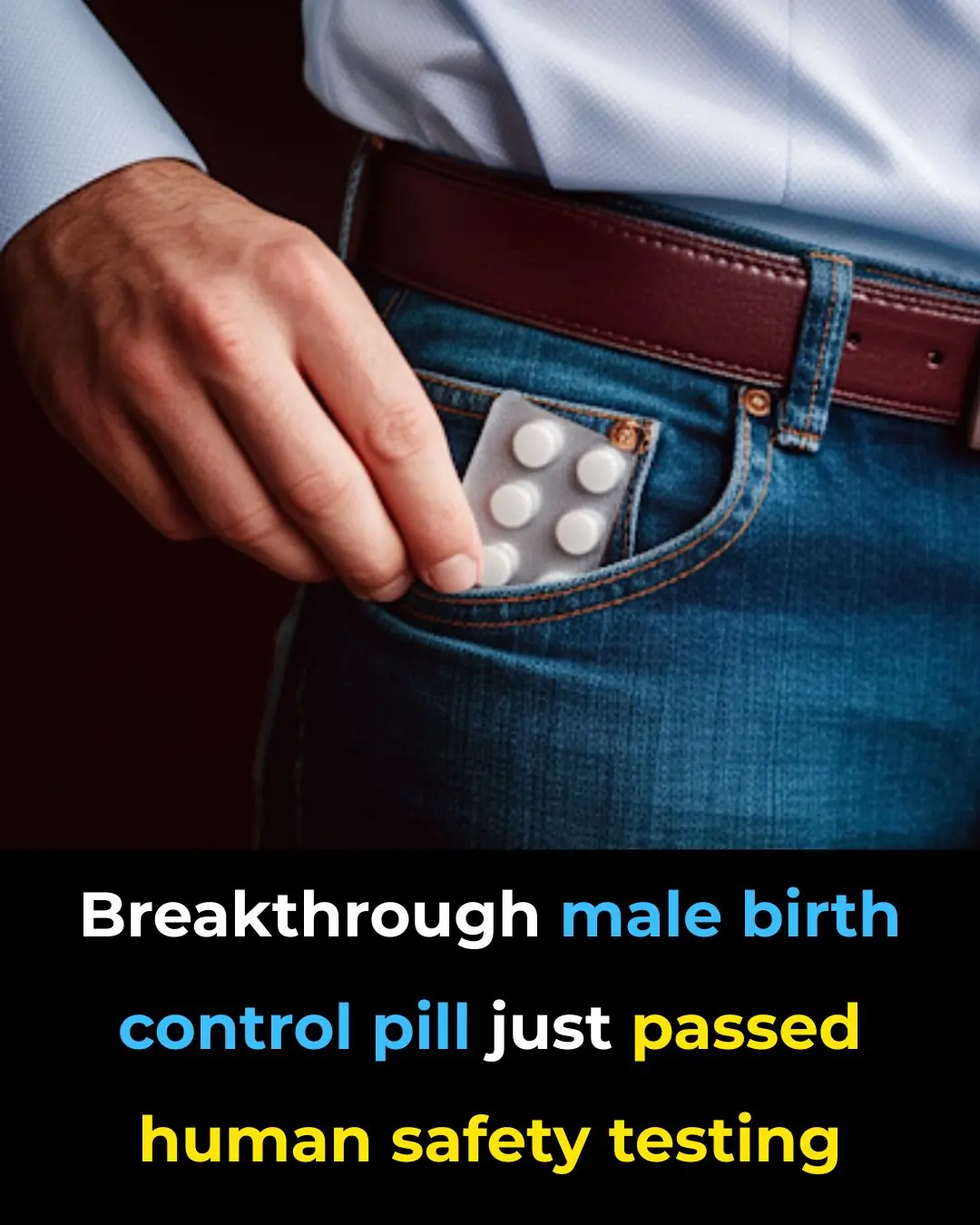
Breakthrough male birth control pill just passed human safety testing
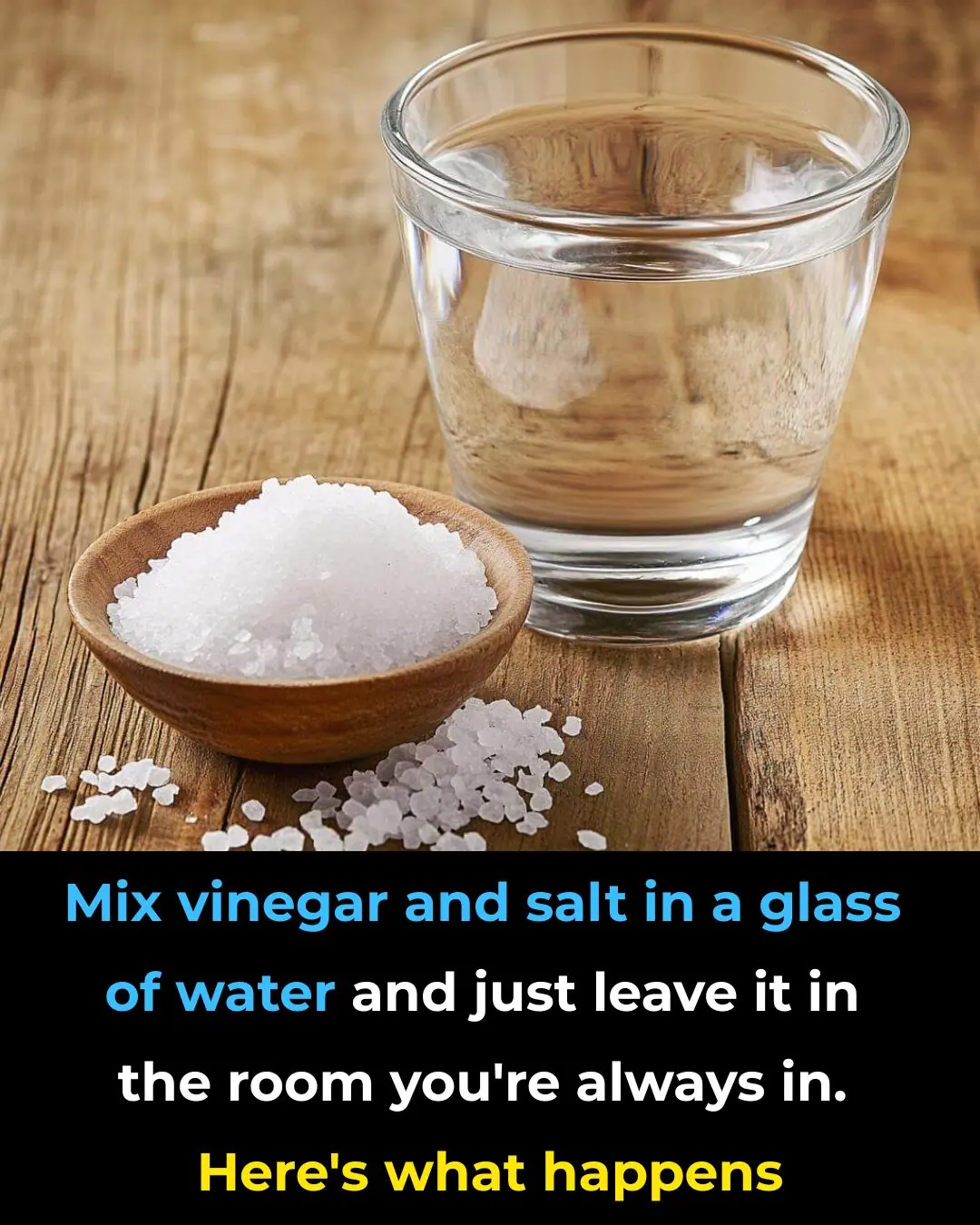
What Mixing Vinegar, Salt, and Water Does?
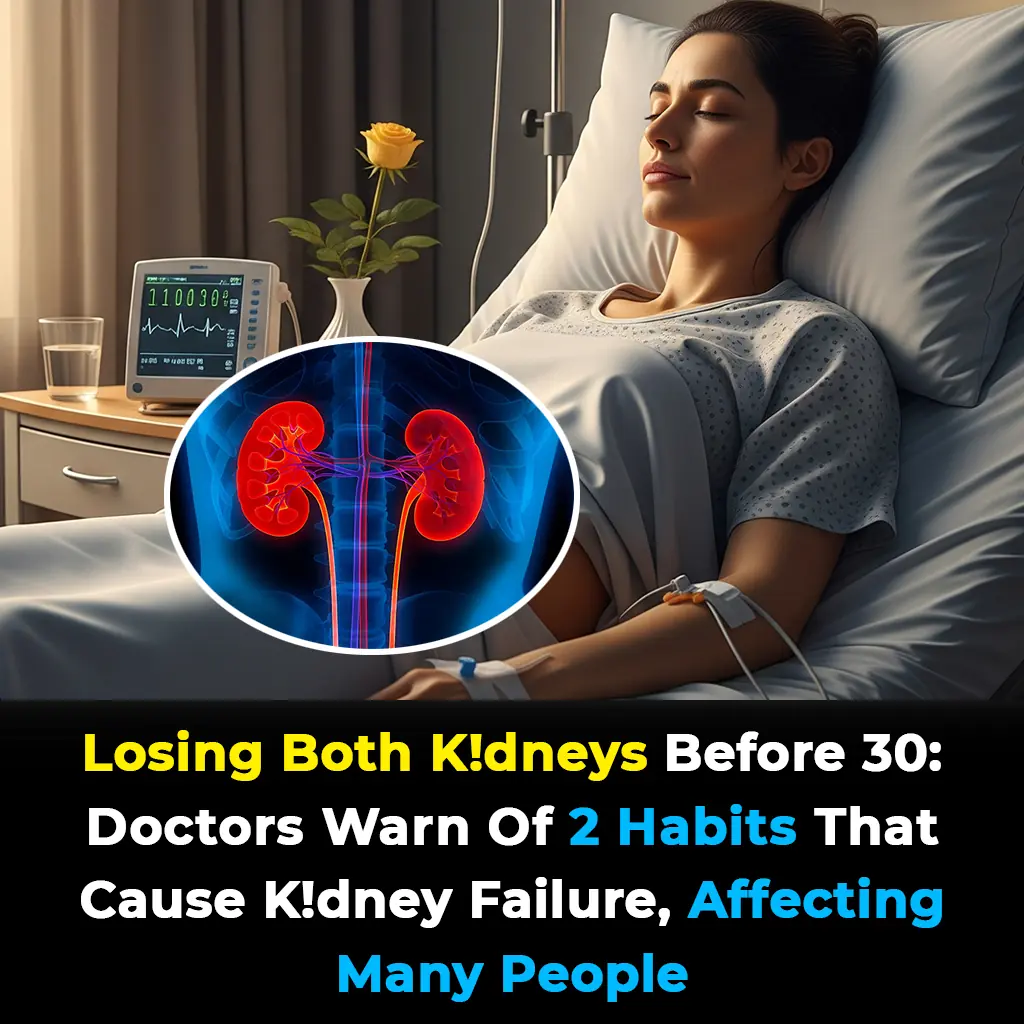
Doctors Warn: These 2 Daily Habits Are Destroying Kidneys—Many Lose Both Before Age 30
Doctors warn that both of these habits—excessive sodium intake and overuse of paink:illers—are preventable.

Teen Warns Others After Doctors Ignored Symptom That Led To Her Collapsing In Class

According to a Psychologist, Narcissists Always Display This One Trait. Here’s What to Do If You See It

Man Who Drank 7 Liters Of Soda Daily For A Decade Suffers Severe Health Consequences

Could Your Food Be Hiding P@rasites? Neuroscientist Claims 3 Foods Can Cross into Your Br@in

Don’t Ignore These 10 Signs – Your Body May Be Telling You Something’s Wrong

Drink Clove Water for One Month and These 5 Benefits Will Follow
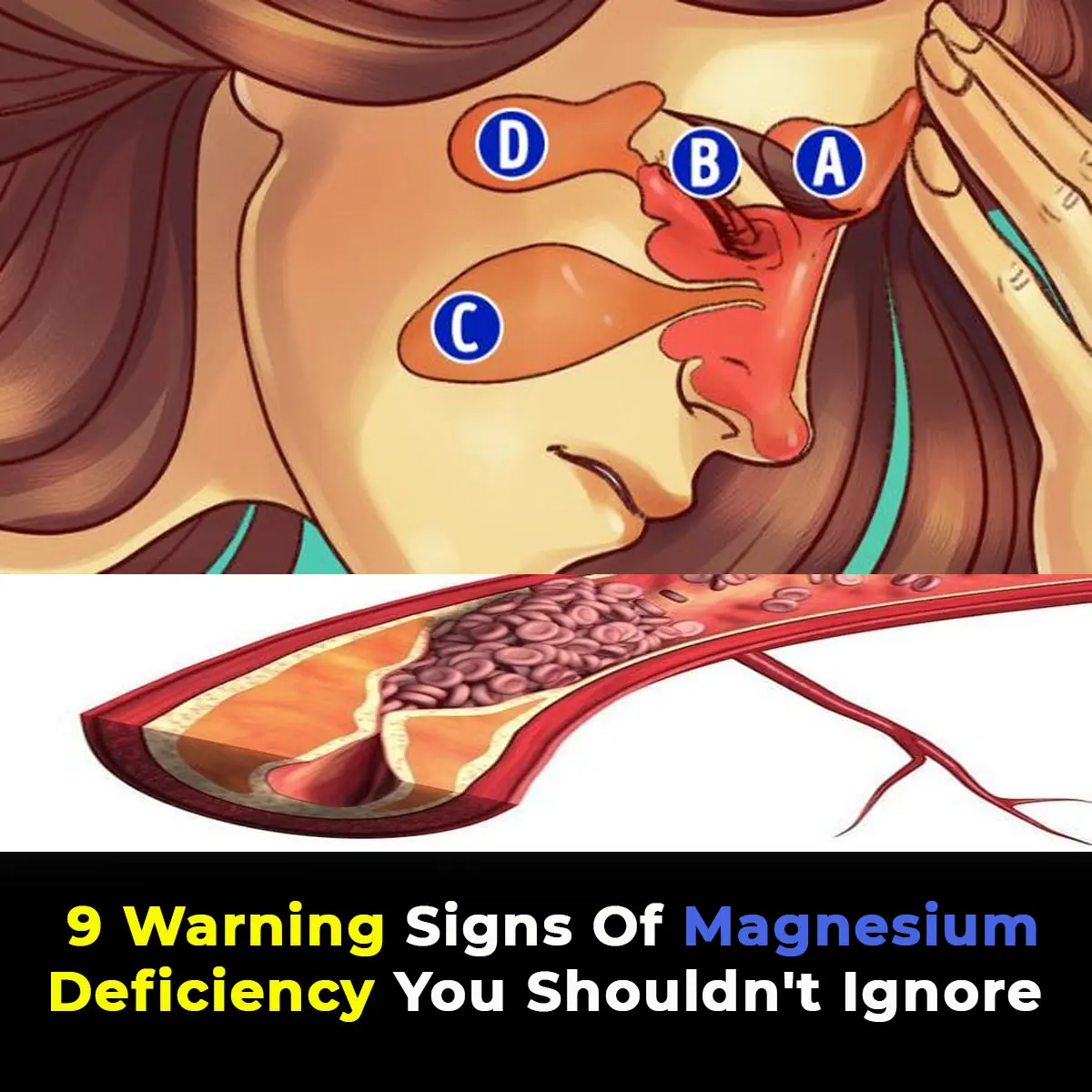
Why Are 80% of People Magnesium Deficient? The Answer Will Surprise You

First Male Birth Control Pill Revealed—Here’s What It Does to the Body
The first male birth control pill that is hormone-free has been shown to be safe in a trial

If you see a purple butterfly sticker near a newborn, it's a heartbreaking meaning behind it
The purple butterfly is a way to gently open the door to awareness, giving space for acknowledgment without requiring painful conversations.

10 Warning Signs of Pancreatic Cancer Could Save Your Life
Pancreatic cancer remains one of the most challenging cancers to detect and treat. Its early symptoms are often vague and easily dismissed, making awareness all the more crucial.

Doctor Shares 30-Second Hand Test That Could Reveal Hidden Brain Tumor
News Post

Chaos as cruise ship passengers 'left behind' following major tsunami in Hawaii

Urgent warning issued to all iPhone users following release of iOS 18.6

13 of The Best Natural Muscle Relaxers to Help With Cramps

Military Sleep Method Is 96% Successful and Will Send You to Sleep in Two Minutes

WHAT DO THESE RED DOTS ON YOUR SKIN MEAN?

Skywatchers Delight: Dual Meteor Showers And Upcoming Celestial Events

Global Tsunami Alarms Following 8.8‑Magnitude Earthquake—Sixth Strongest On Record

7 Early Signs Your Heart May Be in Danger – Don’t Ignore #3!

If you have these two holes in your back, it means you don’t…Read more

Volcano Eruption Adds To Chaos After 8.8-Magnitude Quake Rocks Russia’s Far East

Scientists Spark Debate Over Interstellar Visitor’s Strange Behavior

Exact amount of time one single cigarette takes off your life revealed in new study

Breakthrough male birth control pill just passed human safety testing

Terrifying Optical Illusion Of A Woman Only Visible At A Certain Angle Leaves People Freaking Out

3-year-old boy finds a 16th century gold pendant worth $4M while playing with his dad’s metal detector

You’ll Never Guess What Happened at These 3 Weddings

What Mixing Vinegar, Salt, and Water Does?

Doctors Warn: These 2 Daily Habits Are Destroying Kidneys—Many Lose Both Before Age 30
Doctors warn that both of these habits—excessive sodium intake and overuse of paink:illers—are preventable.

Ancient Warning Emerges On Hawaiian Shore Days Before Massive Earthquake
